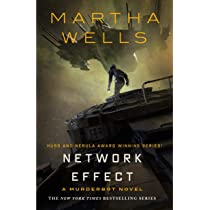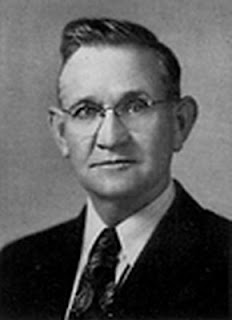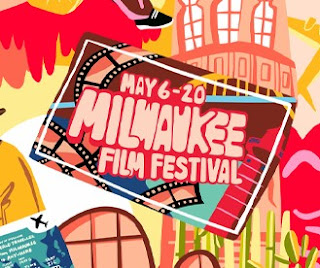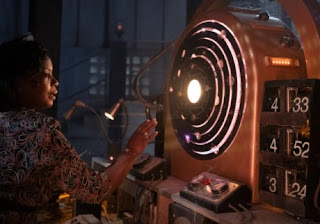Towel Day! Honoring Douglas Adams
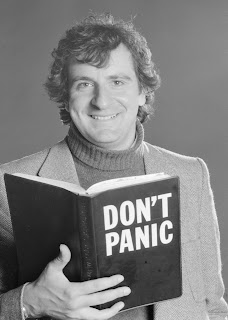
For Towel Day, here is a salute to The Great Humorist, Douglas Adams A gentle giant of a man (he was six feet, five inches tall), Douglas Noel Adams (1952 – 2001) (whose initials, DNA, he was especially proud of) deserves to stand alone in his own special category in the same way Ray Bradbury and William Gibson do. He was a soft and giddy soul who loved a good story, good food, and a good joke. He is remembered best, of course, for his radio-show-turned-novel, The Hitchhikers’ Guide to the Galaxy (1979), which has become a must-read for anyone who loves comedy, much less science fiction. He got his start in writing after college doing comedic shows in London. It was there, in the 1970’s that he was discovered by Graham Chapman of Monty Python, and collaborated with him on various works. Adams helped to write at least one Python episode and app...

